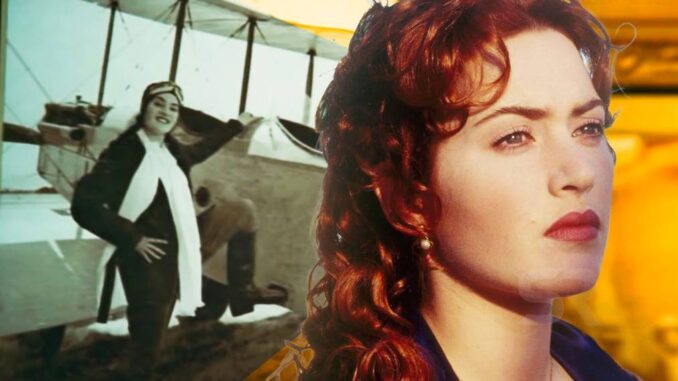
The enduring tragedy of the Titanic lies not just in the loss of life, but in the dreams and futures that went down with it. Yet, for one survivor, Rose DeWitt Bukater, the sinking of the "unsinkable" ship became an unlikely catalyst for a life found, not lost. The film posits a profound question: did Rose truly get the life she wanted after Jack Dawson vanished into the icy depths? The answer is powerfully rendered in a single, poignant detail near the movie's conclusion: the collection of photographs showcasing her vibrant, adventurous life.
Before Jack, Rose existed in a gilded cage. Her life was meticulously pre-scripted, her future bought and paid for by a family desperate to maintain their crumbling status. She was a socialite in stifling corsetry, her spirit suffocated by the rigid expectations of Edwardian high society. Her engagement to Cal Hockley was a transaction, her impending marriage a sentence, not a choice. Her desperate yearning for escape, for a life lived on her own terms, was palpable, epitomized by her contemplation of suicide from the ship's stern. She craved freedom, spontaneity, and authenticity—qualities utterly absent from her pre-ordained existence.
Then came Jack Dawson, a penniless artist with a boundless spirit and an unshakeable belief in living each day to its fullest. He didn't just love Rose; he saw her, the vibrant, passionate woman trapped beneath layers of societal artifice. He taught her to spit like a man, to dance in steerage, to find beauty in the unconventional, and most importantly, to choose. He offered her not just romance, but liberation. He ignited the spark of self-determination within her, making her promise, "Never let go." But perhaps his most profound legacy was the unspoken promise: "You're going to make babies and watch them grow… you're going to die an old lady, warm in your bed, not here, not this night. Do you understand me?" This was more than a wish for survival; it was a mandate to live.
The "one great detail" that confirms Rose fulfilled this promise, and thus got the life she wanted with Jack, unfolds in the film's final moments. As Old Rose, now a spirited centenarian, drifts off to sleep, a montage of photographs flashes across the screen. These aren't faded sepia portraits of a mournful widow; they are vibrant, action-packed snapshots of a life truly lived. We see Rose on horseback, riding astride, her hair unbound and a joyous smile on her face—a stark contrast to the demure, side-saddle riding lessons she endured on the Titanic. We see her piloting a bi-plane, an audacious feat for any woman of her era, let alone one from a privileged background. There are images of her fishing, laughing with children, traveling the world, and embracing an existence far removed from the drawing rooms and tea parties of her past. She became an actress, a doctor, a mother, a grandmother—every role a testament to agency and self-creation.
These photographs are more than just a visual summary of her journey; they are a direct manifestation of the ethos Jack instilled in her. They are physical evidence that she honored his memory not by perpetually grieving, but by living with the passion and freedom he had shown her was possible. The absence of Jack in these pictures paradoxically underscores his profound presence in her choices. She didn't seek another man to replace him; she embodied his spirit within herself, carrying his lessons forward. The decision to take on the surname "Dawson" upon her rescue was merely the first, quiet declaration of her new identity—an identity forged in the crucible of tragedy, but shaped by love and a radical shift in perspective.
The life revealed in those photographs is one of unbridled experience, personal achievement, and chosen happiness. It is the antithesis of the stifling, pre-determined path laid out by her mother and Cal. Every image is a rebellion, a triumph of the human spirit, and a resounding affirmation that Jack didn't just save her life; he set her soul free. Rose did not merely survive the Titanic; she lived because of it, ensuring that Jack Dawson's brief, brilliant light continued to illuminate her authentic, joyously independent existence until her very last breath.